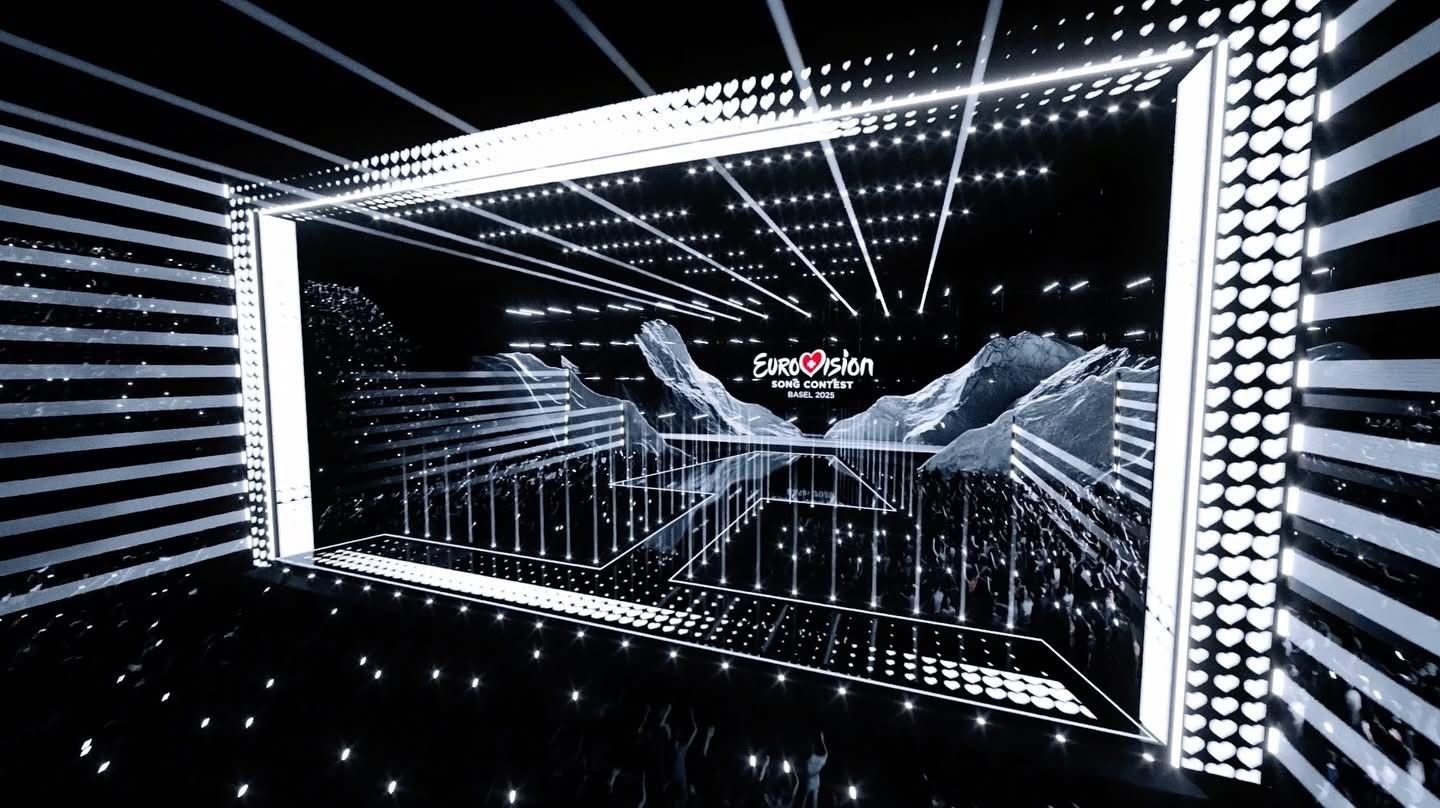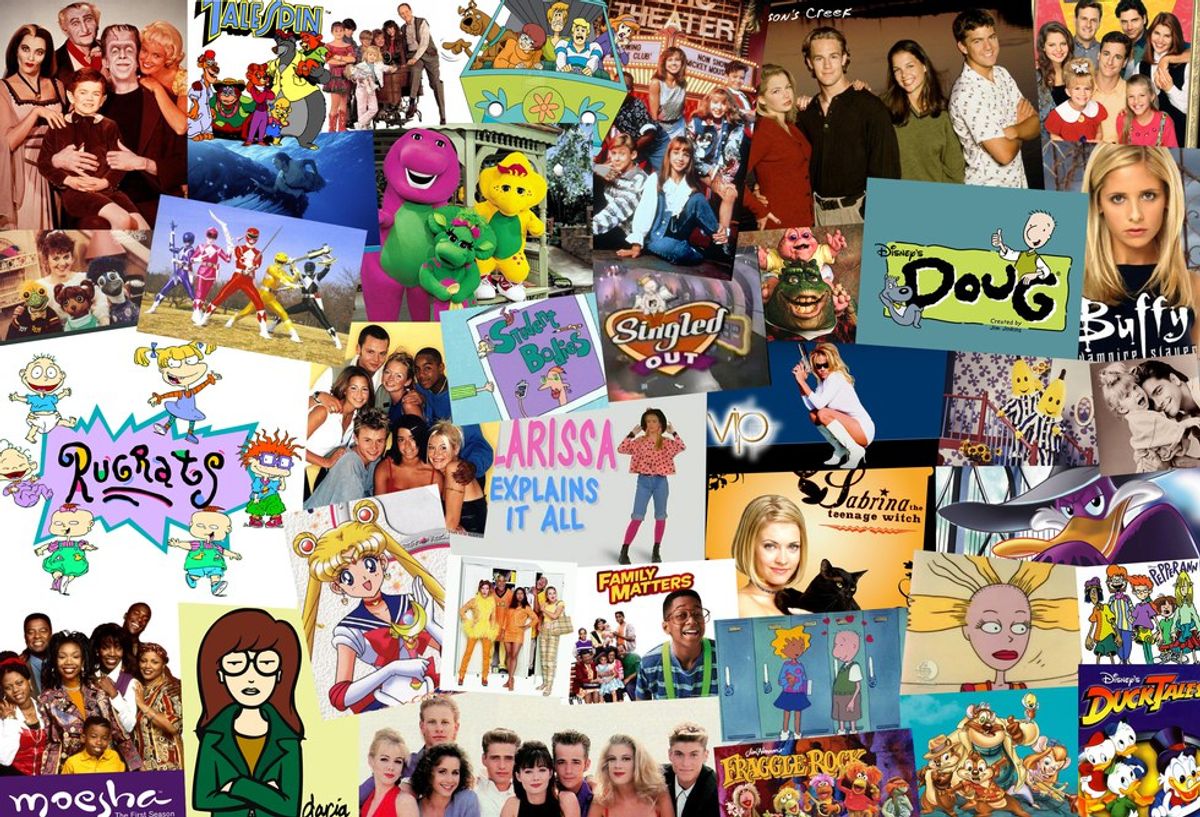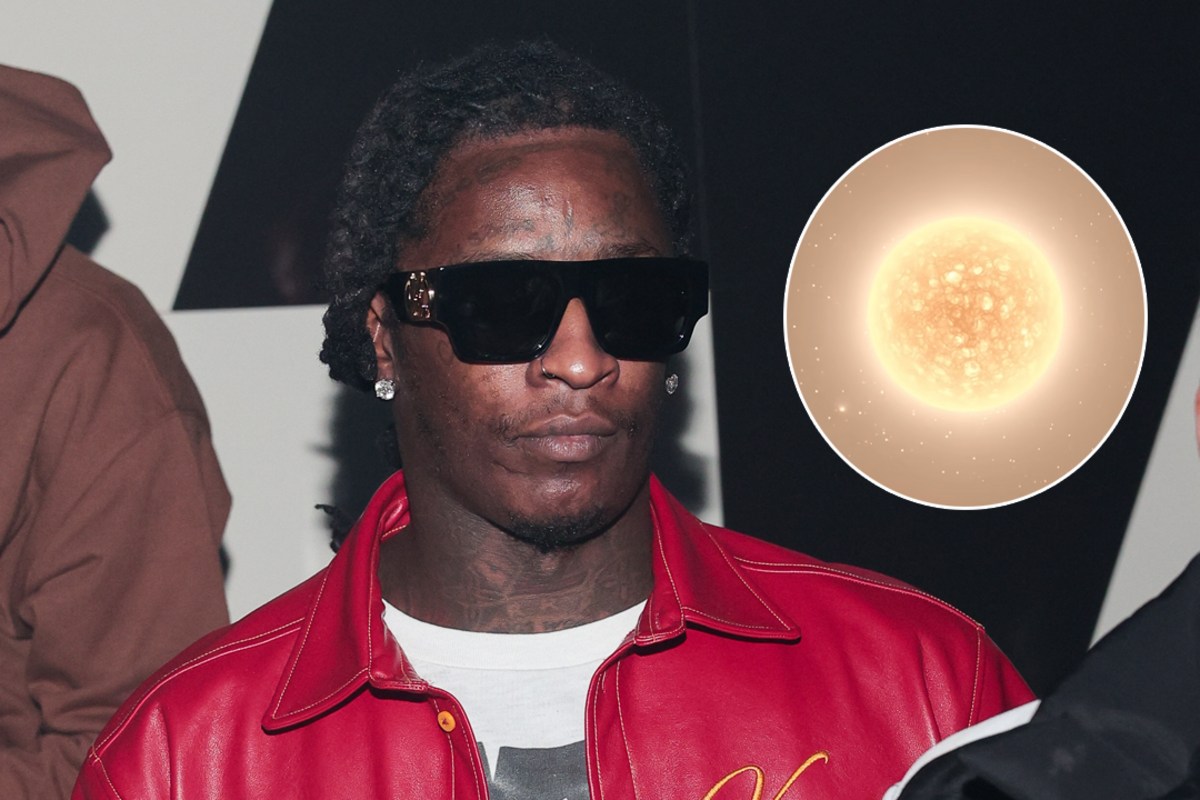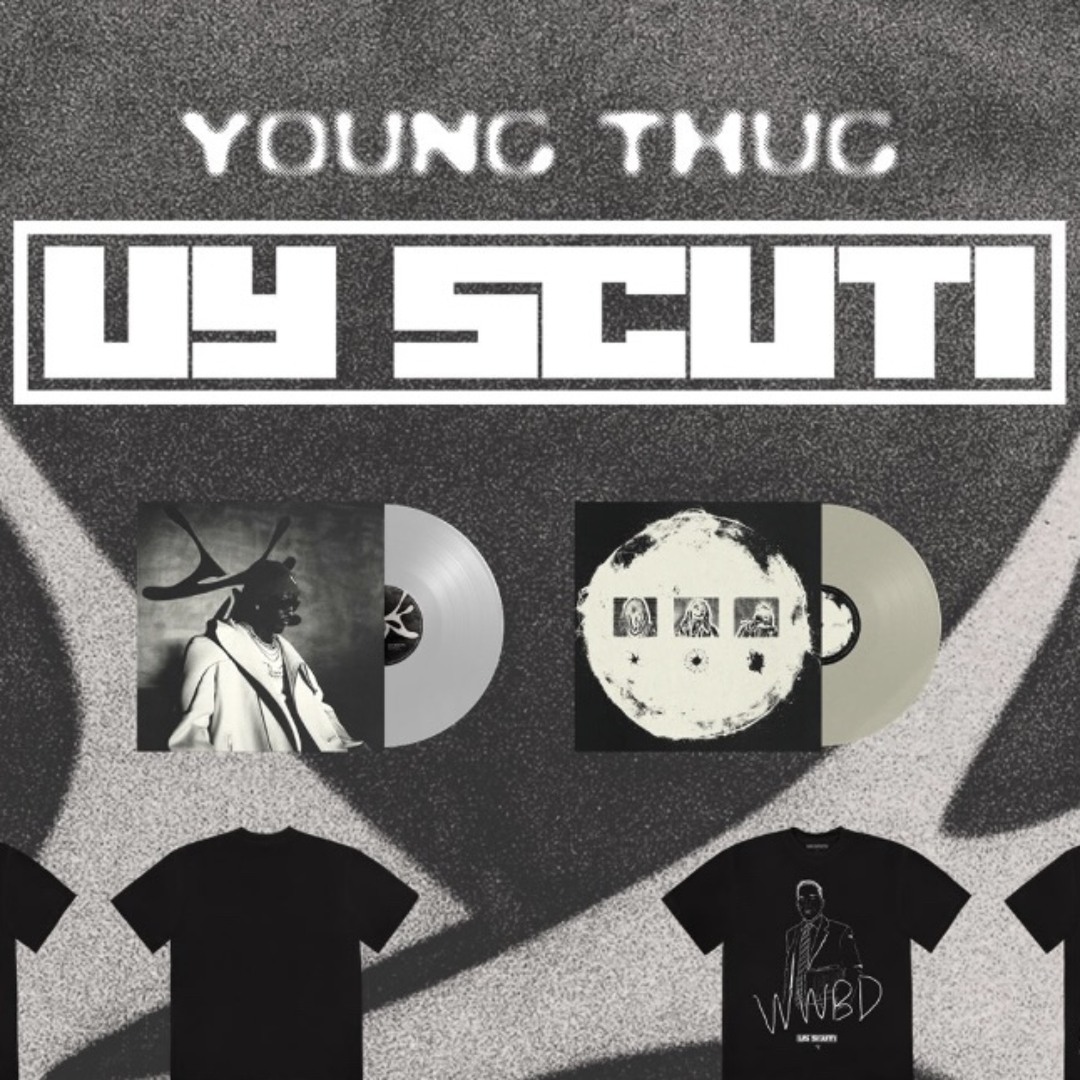FTC Challenges Court Ruling On Microsoft's Activision Acquisition

Table of Contents
The FTC's Arguments Against the Merger
The FTC's primary concern revolves around the impact of the Microsoft Activision merger on competition within the gaming market, particularly concerning the immensely popular Call of Duty franchise. The commission argues that this acquisition would significantly reduce competition, potentially leading to several negative outcomes:
- Reduced competition leading to higher prices for gamers: By controlling a major player like Activision Blizzard, Microsoft could theoretically raise prices for Call of Duty and other Activision Blizzard titles, squeezing consumers.
- Microsoft gaining an unfair advantage by controlling key gaming titles: The acquisition grants Microsoft control over significant franchises, potentially stifling innovation and limiting choices for gamers. This includes titles beyond Call of Duty, such as Candy Crush, World of Warcraft, and Overwatch.
- Potential harm to other game developers and publishers: The merger could create a chilling effect, discouraging smaller developers and publishers from competing with Microsoft's strengthened market position.
- Microsoft's potential to make Call of Duty exclusive to Xbox: This is perhaps the FTC's most prominent concern. Making Call of Duty an Xbox exclusive would significantly harm competition and limit consumer choice, potentially driving players towards the Xbox ecosystem.
The Court's Initial Ruling in Favor of Microsoft
A federal judge initially dismissed the FTC's lawsuit, ruling in favor of Microsoft. The key points of the judge's decision included:
- The judge's assessment of the competitive landscape: The court found that the gaming market was sufficiently competitive and that Microsoft's acquisition wouldn't significantly lessen competition.
- Microsoft's persuasive evidence: Microsoft presented substantial evidence during the trial, including commitments to keep Call of Duty available on other platforms, which persuaded the judge.
- The judge's reasoning behind dismissing the FTC's case: The judge concluded that the FTC failed to convincingly demonstrate that the merger would substantially lessen competition. This decision, however, didn't definitively settle the matter.
The FTC's Appeal and Next Steps
Undeterred by the initial court ruling, the FTC has appealed the decision. This appeal represents a significant escalation of the legal battle and opens a new chapter in the FTC Challenges Microsoft Activision saga.
- The appeals process and the likely timeline: The appeals process is complex and lengthy, potentially taking months or even years to resolve. This significantly impacts the acquisition's timeline.
- Potential outcomes of the appeal: The appeals court could uphold the initial ruling, reverse it, or send the case back to the lower court for further proceedings. A reversal would be a major blow to Microsoft.
- Potential impact on Microsoft's acquisition timeline: The appeal creates uncertainty about when (or if) the acquisition will be finalized. This uncertainty affects both Microsoft's plans and the broader gaming industry.
Impact on the Gaming Industry
The legal battle surrounding the FTC Challenges Microsoft Activision merger has broader implications for the gaming industry beyond the immediate players:
- Increased scrutiny of future mergers and acquisitions in the gaming sector: This case sets a precedent, leading to increased regulatory scrutiny of future mergers and acquisitions within the gaming industry.
- Potential changes to antitrust laws and regulations: The outcome could influence future antitrust laws and regulations, particularly concerning mergers in the tech sector.
- Uncertainty for game developers and publishers regarding future collaborations: The ongoing legal uncertainty makes it difficult for developers and publishers to plan long-term strategies and collaborations.
Implications for Consumers
The FTC Challenges Microsoft Activision case has far-reaching implications for gamers and consumers:
- Potential price increases for games: Depending on the outcome, consumers might face higher prices for Activision Blizzard games, particularly if Call of Duty becomes an Xbox exclusive.
- Potential limitations in game availability across different platforms: The exclusive nature of Call of Duty on Xbox is a significant consumer concern. This could reduce player choice.
- Impact on consumer choice: Ultimately, the merger's impact on consumer choice is a key factor in the FTC's argument and the ongoing legal battle.
Conclusion
The FTC's challenge to Microsoft's Activision acquisition is a pivotal moment for the gaming industry. The FTC's concerns regarding reduced competition and the potential for anti-competitive practices clash with Microsoft's arguments about a competitive market and the benefits of the acquisition. The court's initial ruling in favor of Microsoft, followed by the FTC's appeal, underscores the complexity and uncertainty surrounding this landmark case. The outcome will have significant implications for antitrust law, merger regulations, and the gaming landscape for years to come.
Call to Action: Stay informed about the ongoing FTC challenges to Microsoft's Activision acquisition. Continue to follow this crucial case to understand its impact on the gaming industry and the future of antitrust regulation. Search "FTC Challenges Microsoft Activision" for the latest updates and analysis.

Featured Posts
-
 Weeks Away Eurovision 2025 Front Runners Unveiled
Apr 25, 2025
Weeks Away Eurovision 2025 Front Runners Unveiled
Apr 25, 2025 -
 Nostalgic 90s Check Our Archive For Your Photos
Apr 25, 2025
Nostalgic 90s Check Our Archive For Your Photos
Apr 25, 2025 -
 Abb Nin Anafartalar Caddesi Yenileme Calismalari Detayli Bilgiler
Apr 25, 2025
Abb Nin Anafartalar Caddesi Yenileme Calismalari Detayli Bilgiler
Apr 25, 2025 -
 Tony Hsiehs Surprise Will A New Chapter In The Zappos Ceos Estate
Apr 25, 2025
Tony Hsiehs Surprise Will A New Chapter In The Zappos Ceos Estate
Apr 25, 2025 -
 Los Ganadores De Los Premios Caonabo De Oro 2025 Emilia Pereyra Y Carlos Manuel Estrella
Apr 25, 2025
Los Ganadores De Los Premios Caonabo De Oro 2025 Emilia Pereyra Y Carlos Manuel Estrella
Apr 25, 2025
Latest Posts
-
 How Federal Riding Redistribution Will Impact Edmonton Voters
May 10, 2025
How Federal Riding Redistribution Will Impact Edmonton Voters
May 10, 2025 -
 Young Thugs Uy Scuti Album When Can We Expect It
May 10, 2025
Young Thugs Uy Scuti Album When Can We Expect It
May 10, 2025 -
 Beyonces Cowboy Carter Streams Double Following Tour Kickoff
May 10, 2025
Beyonces Cowboy Carter Streams Double Following Tour Kickoff
May 10, 2025 -
 Uy Scuti Release Date Young Thug Offers A Glimpse
May 10, 2025
Uy Scuti Release Date Young Thug Offers A Glimpse
May 10, 2025 -
 Beyonces Cowboy Carter Doubled Streams Post Tour Debut
May 10, 2025
Beyonces Cowboy Carter Doubled Streams Post Tour Debut
May 10, 2025
